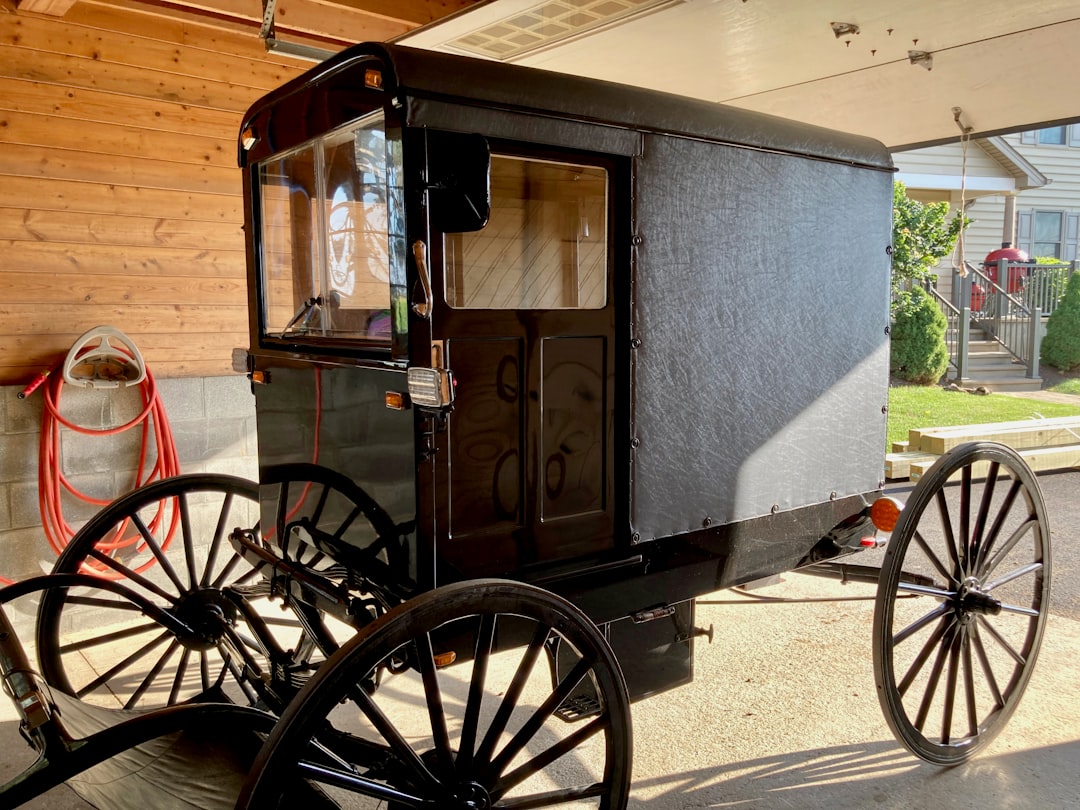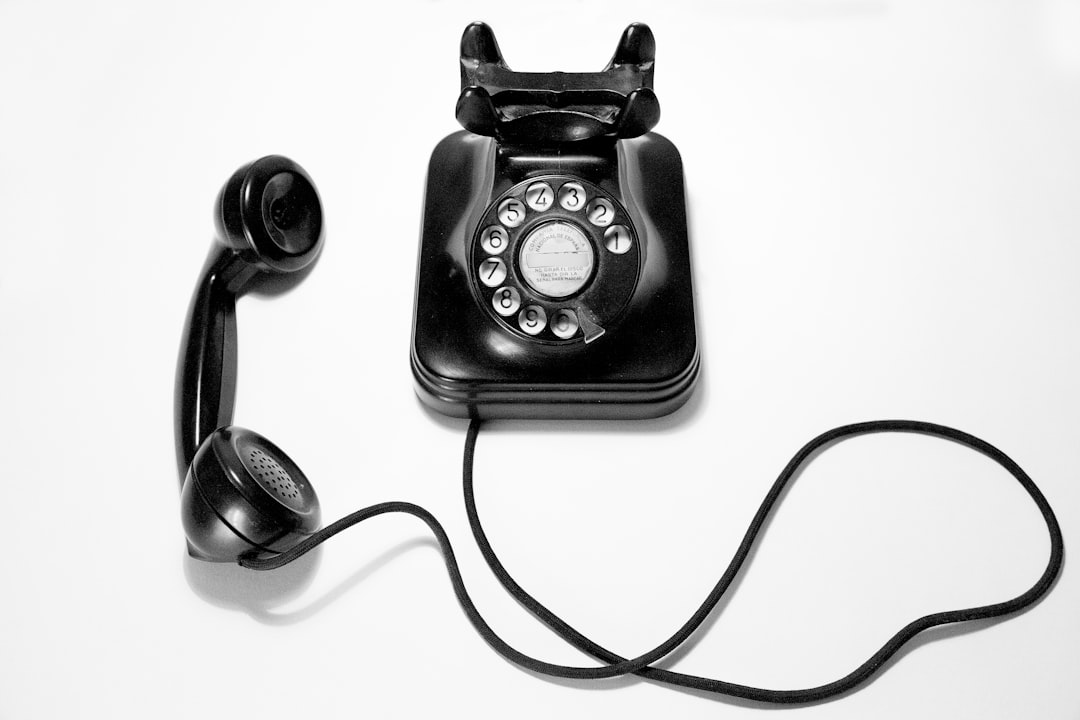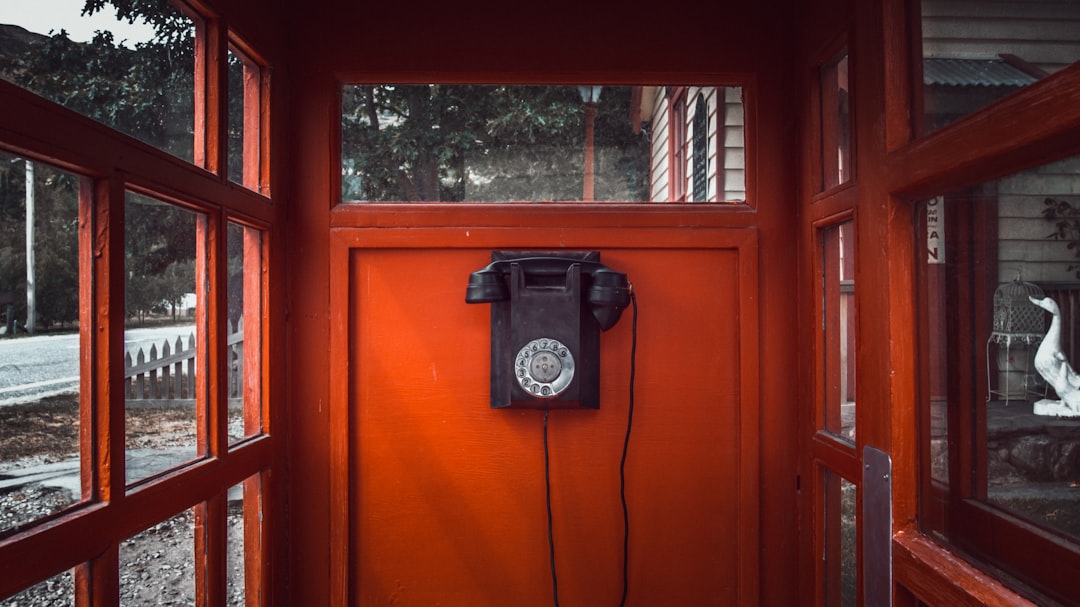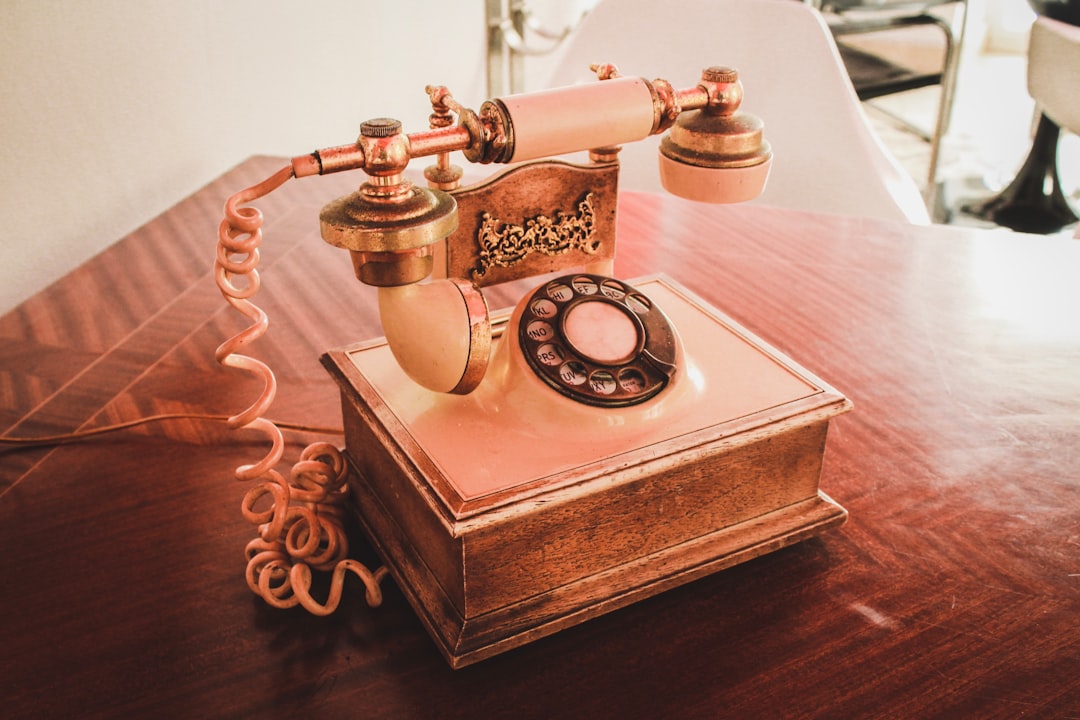Spam calls are a growing problem in Pennsylvania, particularly Philadelphia, affecting local charities' operations and fundraising efforts. To combat this issue, residents can register on the National Do Not Call Registry, block specific numbers, and educate themselves to recognize and report suspicious calls. Charities can also adopt strategies like using call-blocking technologies, updating lists regularly, obtaining explicit consent, and offering multiple contact methods. By implementing these How to Stop Spam Calls Pennsylvania techniques, they can minimize intrusive phone calls and maintain a positive relationship with donors, creating a safer environment for their operations and the broader community.
“In Philadelphia, as across Pennsylvania, spam calls pose a significant challenge for local charities. This article delves into the far-reaching effects of these relentless calls on nonprofit organizations’ financial stability and operational efficiency. We explore strategies that charities can employ to mitigate spam, emphasizing the importance of understanding Pennsylvania’s legal frameworks. By examining available resources, this guide equips Philadelphia’s charitable sector with tools to counter spam calls, ensuring their continued impact and sustainability.”
Understanding the Scope of Spam Calls in Pennsylvania
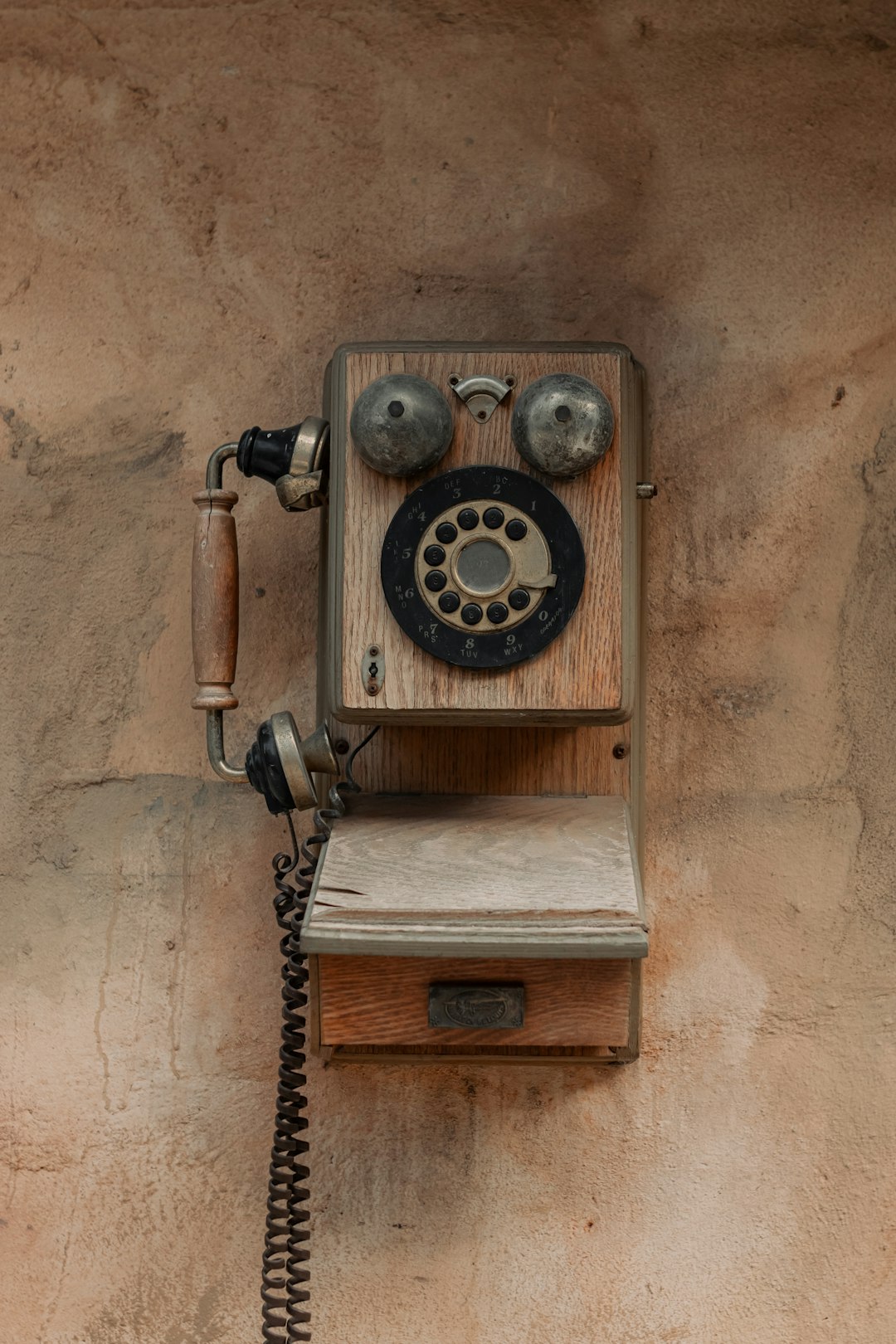
Spam calls, or unsolicited phone marketing, have become a pervasive issue across Pennsylvania, including Philadelphia. With advancements in technology, scammers and telemarketers now employ sophisticated methods to target individuals, making it challenging for people to distinguish legitimate calls from unwanted ones. These spam calls not only disrupt daily routines but can also be a significant nuisance for local charities operating in the city.
To combat this growing problem, residents of Pennsylvania have several options to reduce the volume of spam calls they receive. Implementing do-not-call lists and using available tools to block specific numbers are effective strategies. Additionally, educating community members about recognizing and reporting suspicious calls can deter scammers. By raising awareness and empowering individuals with knowledge on how to stop spam calls Pennsylvania, charities can create a safer and more supportive environment for their operations and the wider Philadelphia community.
The Financial and Operational Impact on Local Charities

Local charities in Philadelphia, like many organizations across the country, face a growing challenge from spam calls. These unwanted phone interactions not only disrupt their daily operations but also have significant financial implications. Each spam call represents a diversion of resources—from staff time spent on the phone to potential donations that could be directed towards vital community programs. The constant influx of automated messages can lead to increased operational costs, as charities must allocate budget for phone services and employee training to handle these calls effectively.
Moreover, the financial impact extends beyond direct expenses. Spam calls can deter donors who find them intrusive or suspect their personal information is being mishandled. This can hinder fundraising efforts and reduce support for much-needed local initiatives. To combat this issue, charities in Pennsylvania are increasingly adopting strategies such as registering with the National Do Not Call Registry and utilizing call-blocking technologies. By implementing these measures, they aim to regain control over their communication channels and ensure that every phone interaction contributes to their mission rather than becoming a nuisance.
Strategies to Mitigate and Prevent Spam Calls for Charities

To mitigate and prevent spam calls, local charities in Philadelphia can employ several effective strategies. First, registering with the National Do Not Call Registry is a crucial step. This federal list restricts telemarketers from contacting registered numbers for sales or promotional purposes. Charities can also invest in call blocking technologies that identify and filter out spam calls, ensuring only legitimate donor outreach goes through.
Additionally, charities should regularly update their contact lists, removing any outdated or inactive phone numbers. Implementing robust data management practices, such as obtaining explicit consent from donors before making calls, can significantly reduce the likelihood of unwanted calls. Encouraging donors to opt-in for communication and providing multiple contact methods—including email, mail, and social media—can further minimize spam call issues.
Legal Frameworks and Resources Available in Philadelphia
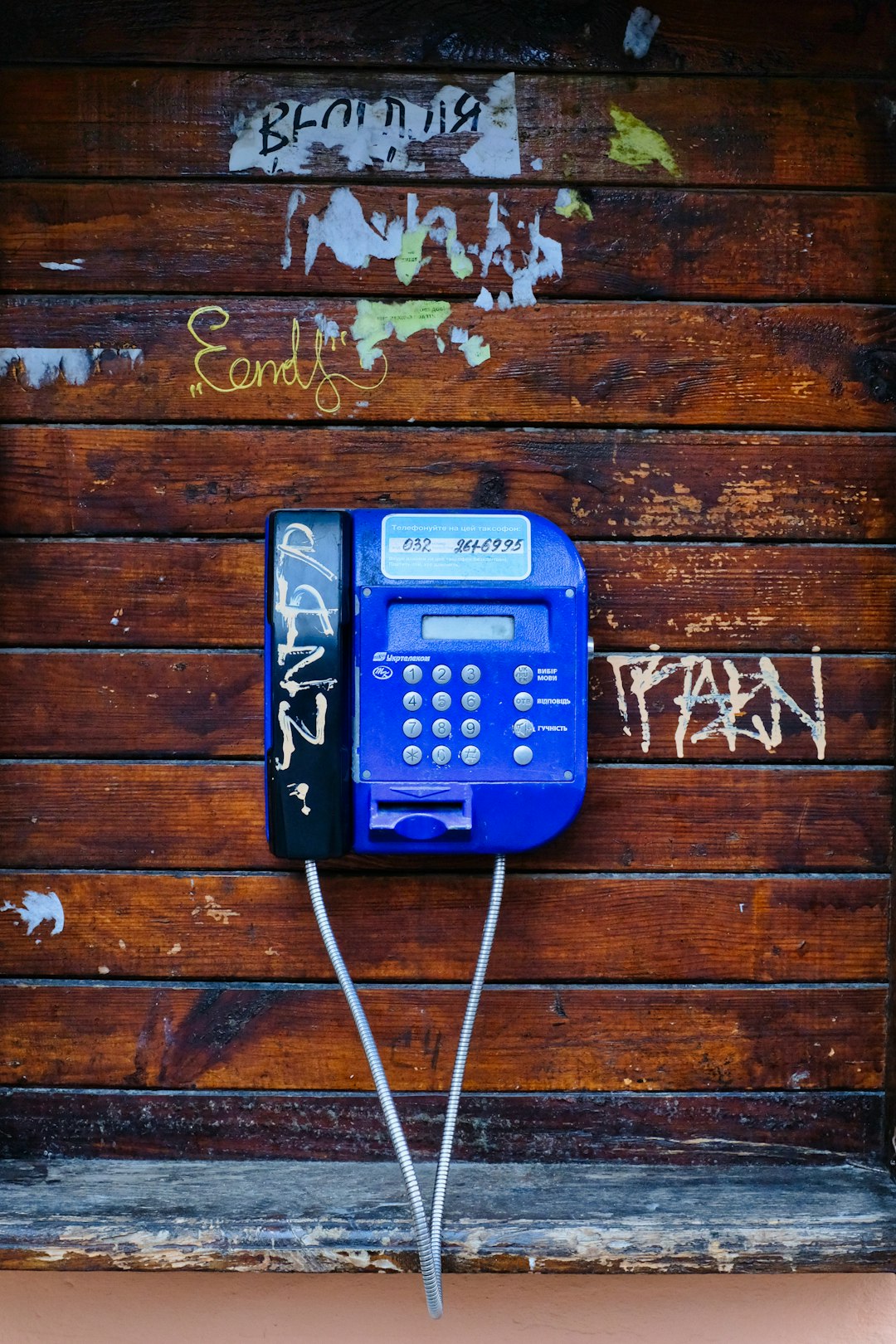
In Philadelphia, as in many places across the country, spam calls have become a significant nuisance, especially for local charities that rely on donations and community support. While these organizations often find themselves on the receiving end of unwanted marketing calls, they are also protected by robust legal frameworks designed to combat spamming. The Telephone Consumer Protection Act (TCPA) is a federal law that restricts telemarketing practices and provides citizens with tools to fight spam calls. In Pennsylvania, the Attorney General’s office actively enforces these laws, offering resources and guidance on how to stop spam calls, including filing complaints and seeking legal recourse against persistent spammers.
Philadelphia residents who experience excessive spam calls can take action by registering their phone numbers on the National Do Not Call Registry. This federal list restricts telemarketers from calling specified numbers without prior consent. Additionally, local charities and individuals should familiarize themselves with Pennsylvania-specific regulations to ensure they are not only protected but also able to educate others about how to avoid these unwanted intrusions. By leveraging available legal frameworks and resources, Philadelphia’s residents can reclaim their phone lines and help create a more peaceful and less disruptive communication environment.
